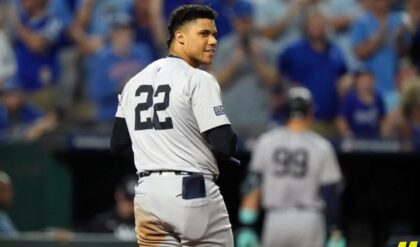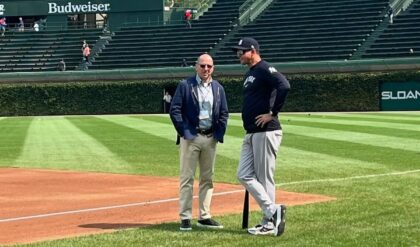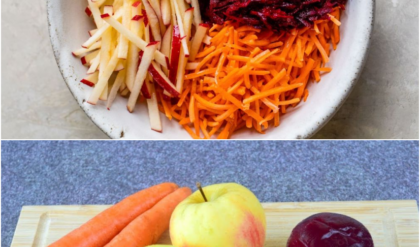Drake’s recent release of the “Taylor Made Freestyle,” which features an AI-generated voice mimicking the iconic Tupac Shakur, has ignited a firestorm of reactions across the celebrity spectrum. The song, which includes sharp jabs directed at fellow artists, has drawn both applause and condemnation from various figures in the entertainment industry. As the dust settles on this latest musical controversy, it’s clear that the implications of Drake’s creative choices extend far beyond the realm of hip-hop, influencing broader conversations about artistry, ethics, and the future of music in the age of technology.
One of the most vocal critics of Drake’s decision to use an AI version of Tupac’s voice has been Katt Williams. The comedian expressed his disapproval on social media, labeling the move as “disrespectful” and “tasteless.” Williams emphasized that Tupac’s legacy should be preserved with dignity, pointing out that using AI to mimic a deceased artist not only trivializes their contribution to music but also risks distorting the emotional depth that their original work embodied. Williams’s comments have resonated with many fans and fellow artists who feel that the integrity of hip-hop is at stake.
Another prominent voice in the discussion has been J. Cole, who acknowledged the innovation behind using AI in music but cautioned against the potential consequences. In a post on social media, Cole highlighted the importance of maintaining the essence of hip-hop while embracing new technologies. He urged artists to ensure that their creative choices honor the legacies of those who came before them, rather than exploiting them for commercial gain. Cole’s balanced perspective suggests that while innovation is crucial, it should not come at the expense of integrity.
On the other side of the spectrum, some celebrities have come to Drake’s defense. Lil Wayne, a longtime collaborator and mentor of Drake, praised him for pushing the boundaries of creativity. He argued that artists should be free to explore new avenues, including the use of technology in music. Wayne’s comments highlight the ongoing divide within the industry regarding the use of AI and how it can coexist with traditional artistry. For Wayne, the ability to experiment and innovate is essential to the evolution of hip-hop, even if it raises eyebrows among critics.
Similarly, producers and artists like Timbaland have expressed admiration for Drake’s willingness to take risks. Timbaland pointed out that innovation often comes with controversy and that artists have a responsibility to challenge the status quo. He emphasized that the music industry has always evolved through experimentation, and Drake’s use of AI could be viewed as a natural progression in that journey. Timbaland’s perspective underscores the belief that creativity often thrives in spaces where boundaries are pushed, even if it means facing backlash.
The reaction from fans has also been mixed, with social media platforms buzzing with discussions about the ethical implications of using AI in music. Some fans have defended Drake, praising him for his innovative approach and willingness to experiment with new technologies. They argue that the integration of AI can lead to exciting new possibilities in music and that it allows artists to pay homage to their influences in unique ways. This faction sees Drake as a trailblazer, unafraid to explore uncharted territory in the music landscape.
However, many fans have sided with the critics, expressing their disappointment and concern over Drake’s choice. Comments on social media have highlighted feelings of betrayal, with fans arguing that using an AI-generated Tupac voice diminishes the emotional weight of his original work. For these fans, Tupac represents a powerful voice in hip-hop, and they believe that his legacy should not be manipulated or altered for commercial gain. This divide among fans reflects the complexities of navigating both nostalgia and modernity in music.
The debate has also attracted attention from industry insiders and music critics. Many have begun to explore the broader implications of AI in creative fields, questioning what it means for the future of artistry. Critics argue that the use of AI-generated voices could lead to a slippery slope, where the lines between homage and exploitation become increasingly blurred. The fear is that as technology becomes more advanced, the authenticity of music may suffer, leading to a landscape where true artistry is overshadowed by digital replication.
As the conversation surrounding Drake’s “Taylor Made Freestyle” continues, it is clear that this issue extends beyond just one artist’s choices. The reactions from celebrities, fans, and industry professionals highlight the growing concern over AI’s impact on music and creative expression. This moment serves as a critical juncture for the industry, prompting artists to reflect on their practices and consider the ethical implications of their creative decisions.
Moving forward, the industry may need to establish clearer guidelines regarding the use of
Watch video:





